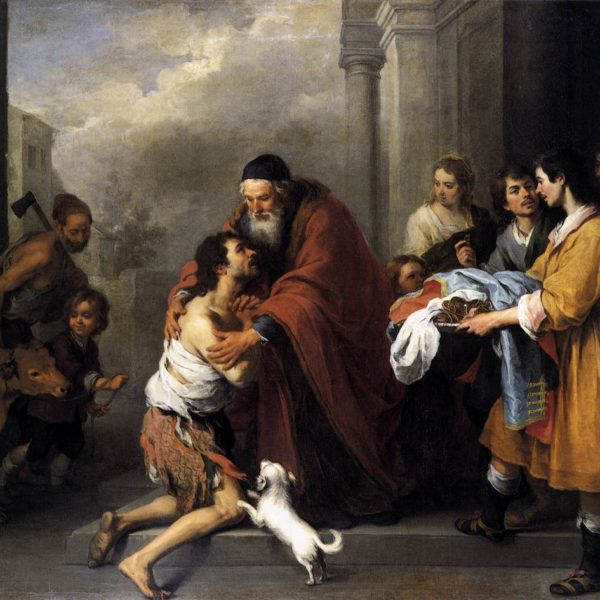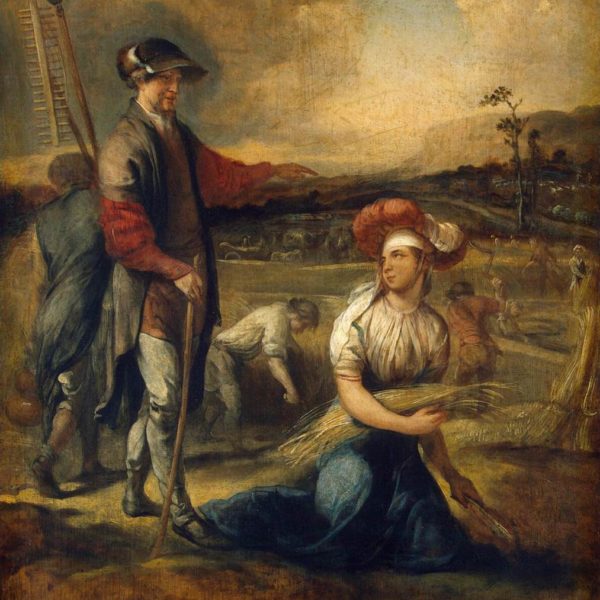
The Apostle Paul’s charge that those who are unwilling to work should not eat has often been taken in support of a callous form of conservatism. However, understood rightly, it reveals the way Christ speaks to all areas of life and labor.

Although the parable is typically referred to as that of ‘the Prodigal Son’, the son who receives the father’s welcome has long since fallen from his state of prodigal living into one of the most abject poverty and lack. This father’s loving embrace challenges us to consider our provision of welfare and welcome to those in need among us, irrespective of how ‘deserving’ we might suppose them to be.

In light of the two kingdoms doctrine and the separation of church and state, understanding the appropriate form of Christian prayer for and engagement with the political realities of our societies can be complex. In Jeremiah’s message to an exiled people, we find a pattern for prayer in a pluralistic context, a calling that identifies our primary task to be one of seeking the common good and welfare of our communities, rather than one of submission or conversion.
Presidential candidates Barack Obama and Mitt Romney have both focused on the middle class, but Christianity demands a preferential option for the poor. Christians of the Left and the Right should be able to find common ground on policies to help the poor. Here are five policies that could serve as the basis for such a common ground.

